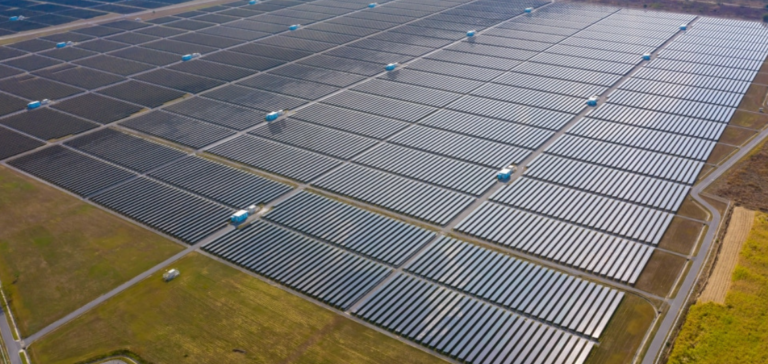The Electricity Generation Company (Malawi) Limited (EGENCO) is embarking on an ambitious project to diversify its energy sources. Scheduled for November 22, 2023, the groundbreaking ceremony for the Salima solar power project marks a crucial milestone in this initiative. The Minister of Energy, the Honourable Ibrahim Matola, will chair the event.
Project characteristics and objectives
This project, which is part of the first phase of a larger plan to install a 20MW solar power plant, demonstrates EGENCO’s commitment to renewable energies. The plant, with an initial capacity of 10MW, will incorporate an advanced 2.5MWh battery storage system. This system is designed to stabilize the power grid during fluctuations in sunlight or demand.
EGENCO’s Energy Diversification Strategy
The Salima plant, to be built by Chint Electric Co., is scheduled for completion in 18 months. This project is a direct response to the challenges posed by climate change and the country’s growing energy needs. By diversifying its energy sources, EGENCO is moving away from its historical dependence on hydroelectric power stations, particularly those located along the River Shire.
Environmental and economic impact of the project
This project is perfectly aligned with EGENCO’s 2023-2038 Strategic Plan, which aims to increase the country’s energy production capacity. In addition to solar energy, the plan includes the development of alternative technologies such as geothermal and coal-fired power. Once up and running, the Salima solar power plant will provide an additional source of electricity, complementing existing sources.
Long-Term Vision for Energy in Malawi
This development represents a major step forward in EGENCO’s strategy for a sustainable energy future. Diversifying energy sources, reducing dependence on fossil fuels and adopting clean technologies are at the heart of this strategy. Salima’s initiative symbolizes a turning point for Malawi, which aspires to greater energy independence and reduced environmental impact.
The Salima power plant is not just an infrastructure project; it represents a commitment to progress and innovation. With its theme
“Harnessing the Sun – Diversifying Power Sources
It embodies the vision of a greener, more energy self-sufficient Malawi. Diversification of energy sources is essential to mitigate the impact of climate change and to support the country’s sustainable economic development.
EGENCO’s Salima solar power project is a crucial milestone in Malawi’s quest for a sustainable energy future. By diversifying its energy sources and adopting clean technologies, the country is taking a bold step towards energy self-sufficiency and resilience in the face of climate change.






















